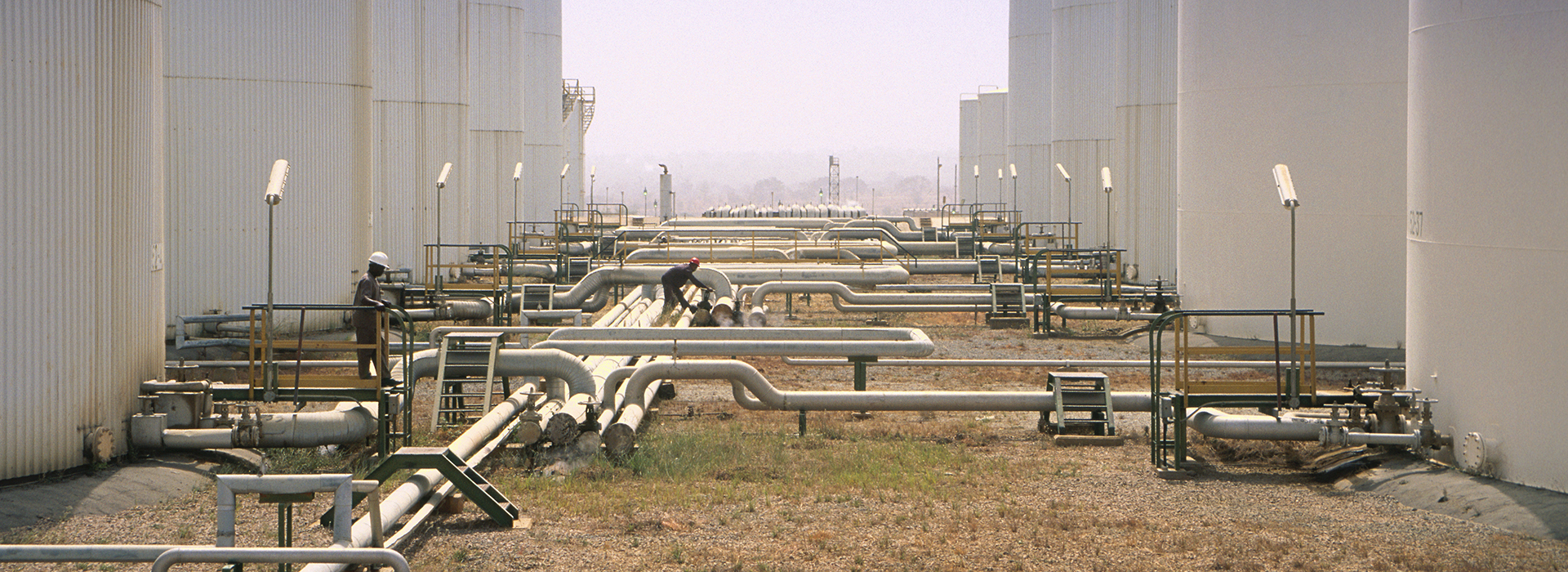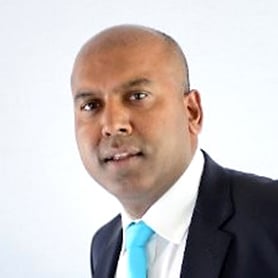The Mozambique Mining & Energy Conference (MMEC)
Event post-script
The Mozambique Mining & Energy Conference (MMEC) is a key event in the region and gathers regional and international stakeholders. 2024 marks a return to full participation after COVID Pandemic and also after the terrorist attacks in the North of the country.
This year the theme was “Partnerships for Prosperity: Unlocking Mozambique’s Resources to Advance National & Regional Economic Growth.”
This paper summarises the event’s key takeaways and the actions for a further economic and industry growth in the region.

Access to energy is seen as a solution to socio-economic development
Access to energy is crucial for socio-economic development of a country. Having a reliable energy supply ensures that businesses, industries, and households run smoothly, boosting economic activity. It also makes essential services like healthcare and education more accessible, improving overall quality of life. In rural areas electricity supply leads to more jobs, better farming, and higher incomes. Without energy, development stagnates, keeping people trapped in the poverty cycle and limiting opportunities for progress. Therefore, ensuring everyone can access affordable and sustainable energy is vital for creating a better future for all.
"The discovery of significant gas deposits in Northern Mozambique has positioned the country as a key player in the African energy landscape."
The energy landscape in Africa is expanding with Mozambique taking a leading role
The discovery of significant gas deposits in Northern Mozambique has positioned the country as a key player in the African energy landscape. This sparked considerable interest from international energy companies and investors eager to tap into Mozambique’s vast natural resources. The development of these gas reserves presents both opportunities and challenges for Mozambique. The potential for significant economic growth and job creation, as well as the need for careful management to ensure sustainable development and equitable distribution of benefits needs to be considered.
As Mozambique advances its energy sector, strategic partnerships and robust regulatory frameworks will be crucial in maximising the benefits while mitigating potential risks associated with resource extraction. Overall, Mozambique’s emergence as a major player in the African energy sector underscores the importance of responsible resource management and inclusive development strategies while unlocking the full potential of the region’s energy resources.
Africa’s per capita energy consumption remains one of the lowest, accounting for just 6% of global energy use and less than 3% of global energy-related carbon dioxide (CO2) emissions1, amidst abundance of conventional and renewable sources of energy. The continent has adequate mineral resources to drive renewables as it possesses large deposits of lithium for battery production and has abundant solar. A pan-African strategy to drive renewable energy development and policies are required to be implemented to attract investment in energy generation, transmission and distribution.
1 https://www.iea.org/regions/africa
Mozambique is now open for business and looking to the future after recent unrest
The Mozambique government, through his Excellence the President, reaffirmed that they moved beyond the destabilising unrest in the Capo Delgado Province and are looking towards monetising its resource endowments.
Major stakeholders such as ENI and Exxon Mobil have also reaffirmed their commitment to Mozambique with the continuation of their major projects such as Coral North and Rovuma LNG. Despite security threats and financing uncertainties, the return of the Nigerian delegation this year suggests renewed interest in Mozambique.2
Numerous other projects are in the pipeline further supporting the fact that Mozambique has moved beyond the unrest in the north that created all the uncertainty.
2 https://www.reuters.com/business/energy/exxon-mobil-pushing-forward-with-mozambique-lng-project-official-says-2024-05-02/
SADC remains heavily reliant on Mozambique gas
The Southern African Development Community (SADC) countries, comprising 16 Member States, rely heavily on Mozambique’s gas to meet their energy needs and drive economic growth. Mozambique’s vast gas deposits serve as a crucial source of natural gas for neighbouring countries in the region, powering industries, electricity generation, and household consumption. As demand for energy continues to rise across SADC nations, Mozambique’s role as a primary supplier of gas becomes increasingly pivotal, highlighting the interdependence of the region’s economies. However, this dependency also underscores the importance of regional cooperation and infrastructure development to ensure reliable and sustainable access to Mozambique’s gas resources while diversifying energy sources to enhance energy security in the region.
The importance of public-private partnerships
Funding remains challenging for Africa necessitating a need to look inward for competitive funding to support projects and supply chain development.
Public-private partnerships (PPPs) are crucial for the future development of Africa, including Mozambique, as they leverage the strengths of both sectors to address infrastructure gaps, stimulate economic growth, and improve service delivery. By collaborating with the private sector, African governments can access additional funding, expertise, and technology necessary to implement large-scale infrastructure projects, such as transportation networks, energy facilities, and telecommunication systems. PPPs also promote innovation and efficiency, leading to the development of sustainable solutions tailored to the continent’s unique challenges and opportunities. Furthermore, these partnerships foster job creation and skill development, driving inclusive growth and enhancing the livelihoods of African citizens. Overall, embracing PPPs enables African countries, including Mozambique, to overcome development hurdles and build resilient, competitive economies poised for long-term success.
"Stimulating cooperation on infrastructure, promoting competition, adopting a coordinated approach, and implementing sound regulations are crucial."
Learn from other resource- endowed countries
More advanced resource-endowed countries have made significant progress with local content. The masterclass by Nigeria provided insight on strategy and challenges with local supply chain development. The challenge now is to adapt such learnings to other African countries.
While Mozambique presents promising opportunities for investment, significant barriers persist. To overcome these obstacles, the Government of Mozambique requires support and collaboration. Building a strong alliance between government and businesses is imperative, with the ultimate aim of achieving sustainable development as a measure of success.
"If you want to go fast, go alone. If you want to go far, go together."
African Proverb
Common challenges need to be addressed if investment is to be attracted
For Africa, and Mozambique in particular, to attract further investment, key issues need to be addressed:
- Political risk / security
- Policy uncertainty
- Bureaucracy increasing cost of doing business
- Inadequate or under-utilised infrastructure
- Poor governance
- Low market integration
- High cost of power
- High cost of transport and haulage
It will require deliberate effort by the government to address the concerns of investors and business and to attract investment.
How dss+ can help
We work with our clients to assess and implement a sustainable risk-based decision-making process to improve business operations, performance, sustainability, and prevent serious injuries and fatalities (SIF) at work.
Through the optimisation of processes, technology, and governance, and changing mindsets, behaviours and culture to ensure seamless collaboration and impact ownership throughout the whole of the organisational ecosystem, we help clients build resilient businesses, grow the value of the company and prepare them to better withstand economic turbulence:
- Turn ideas, ambition and strategies into operational roadmaps and plans owned by the business.
- Implement & integrate sustainability throughout functions, operational units and sites through processes and tools.
- Break through technical and systemic sustainability, safetyand ORM challenges drawing on specialists and stakeholder facilitation.
- Build your capabilities and culture to enable a sustainable business impact.
At dss+ we do things differently
- We are technical ESG & sustainability experts with industry experience – we know the day to day challenges.
- We use science and data based approaches and pragmatically work with clients to achieve their targets.
- We work collaboratively and innovate with industry partners to help clients transform their businesses, value chains and systems.
Author

Sathie Pillay
Senior Manager, dss+ – Johannesburg, South Africa
+27 (0) 67 412 6262